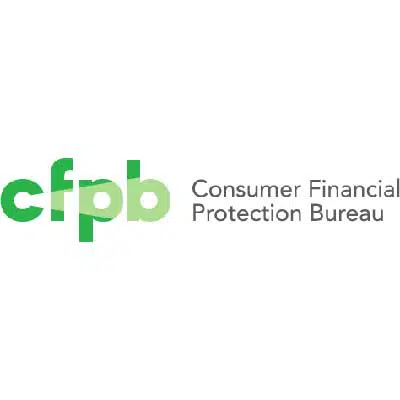A federal court ruling that emerged Thursday invalidated a 5-year-old rule from the Consumer Financial Protection Bureau but also has the potential to strike at the roots of the agency itself, observers say. The ruling also comes as the CFPB is growing more active in examining the payments industry.
The ruling, from the United States Court of Appeals for the Fifth Circuit, invalidated the bureau’s payday lending rule on the grounds that the bureau is funded by the Federal Reserve rather than by Congress. In this sense, according to the court’s reasoning, the CFPB is “doubly” insulated from public control, as it is funded by an agency that itself is not directly supported by Congress. In the case itself, plaintiffs Community Financial Services Association of America Ltd. and Consumer Service Alliance of Texas had sued the CFPB, contending the Payday Lending rule is invalid.
“The court’s concern seems to be [the CFPB] is essentially double blind. The issue is, is there any oversight for the CFPB?” says Ben Jackson, chief operating officer at the Innovative Payments Association, a Washington, D.C.-based trade group.

While this is not a new concern, and was indeed much mentioned by critics prior to the CFPB’s creation in July 2011 by the Obama Administration, the Court of Appeals ruling may presage difficulty for the bureau as it seeks to regulate emerging payments trends such as buy now, pay later installment loans. “The CFPB does not have to be responsive to Congress,” says Jackson. “The court is saying this has gone too far. There needs to be a check and balance on the CFPB.”
And now, with the ruling from the New Orleans-based federal appeals court, the implications could extend to many other rules the bureau has established over the years, Jackson says. “When [the CFPB] was created, people said this [insulation from Congress] could be a problem, but in the absence of a lawsuit there was no way to test it,” says Jackson, who writes the monthly Payments 3.0 column in Digital Transactions magazine.
Ironically, the appeals court’s ruling in the immediate case concerned what may have been an appropriate regulation of payday lending, Jackson says. “The court found this is a good rule, it’s just been implemented by bad money, so we can’t allow it to stand,” he notes.
In payday lending, workers can take out an advance on their earnings and pay back the sum later, with a fee. An issue arises when lenders gain access to users’ bank accounts to extract their fees, causing overdrafts. “You can’t be unfair and abusive, you can’t make a loan without making sure there’s the ability to repay,” Jackson says. A more recent technology, called earned-wage access, allows workers to tap their earnings ahead of payday through a mobile app.
How the CFPB will react to the court’s ruling remains unknown for the moment. The bureau did not immediately respond to a request for comment.





